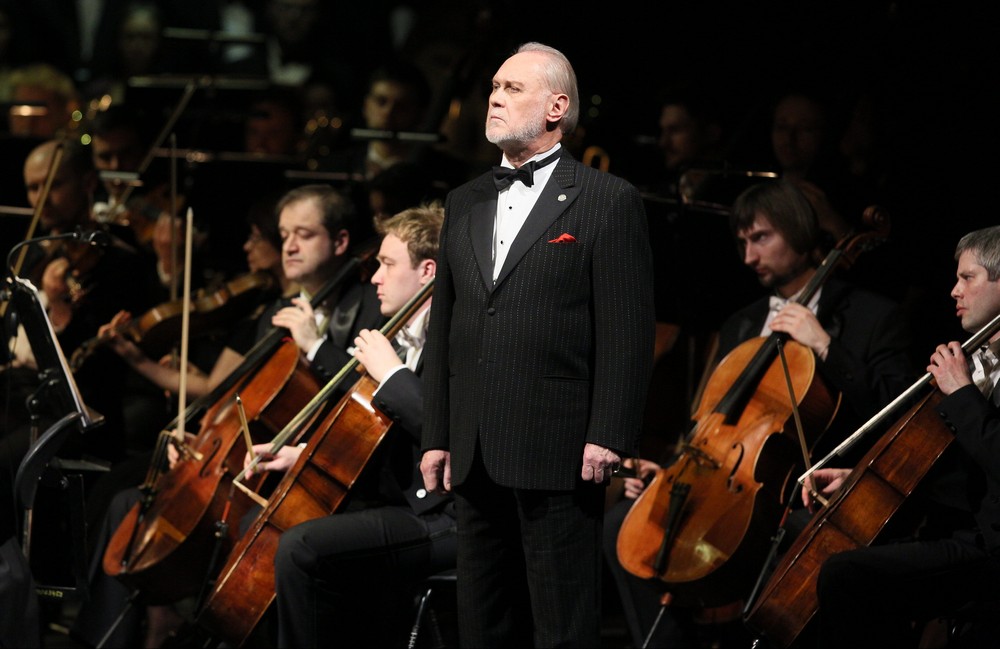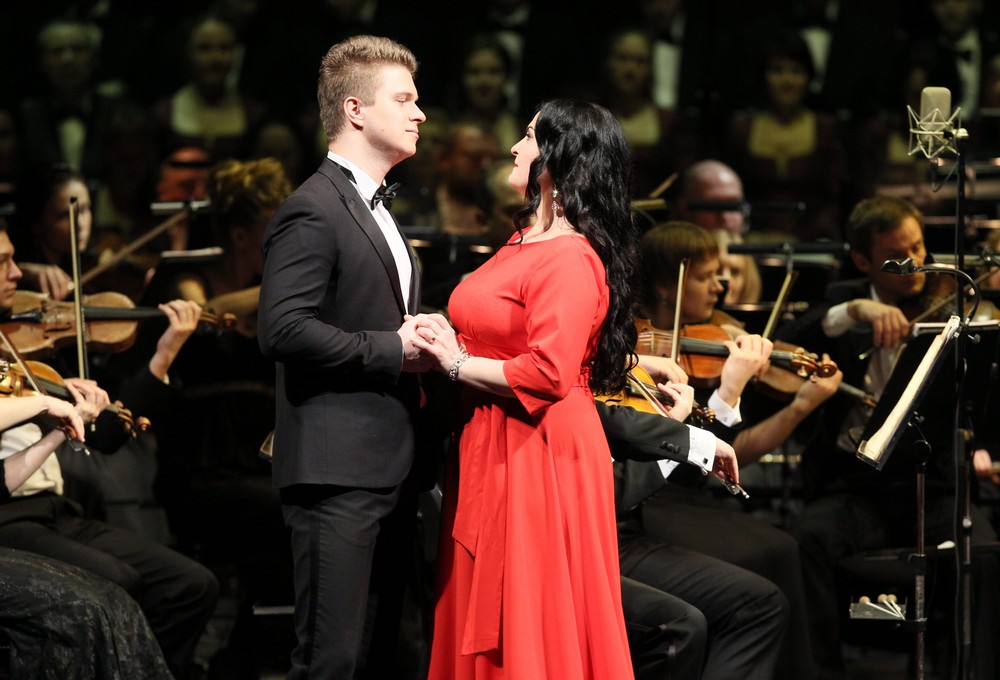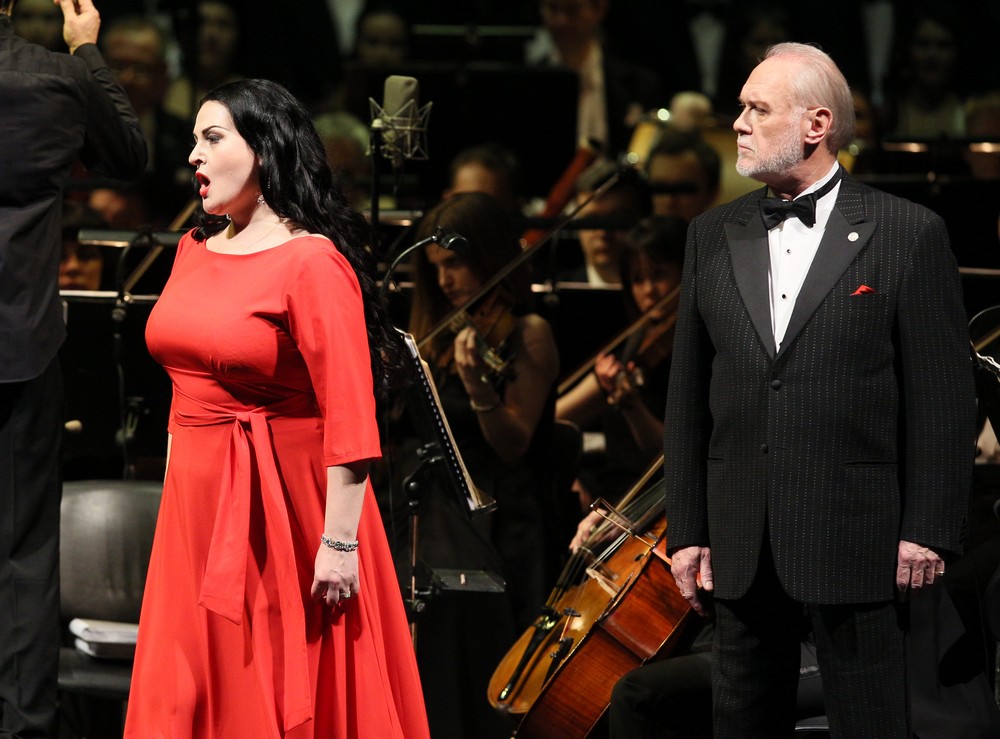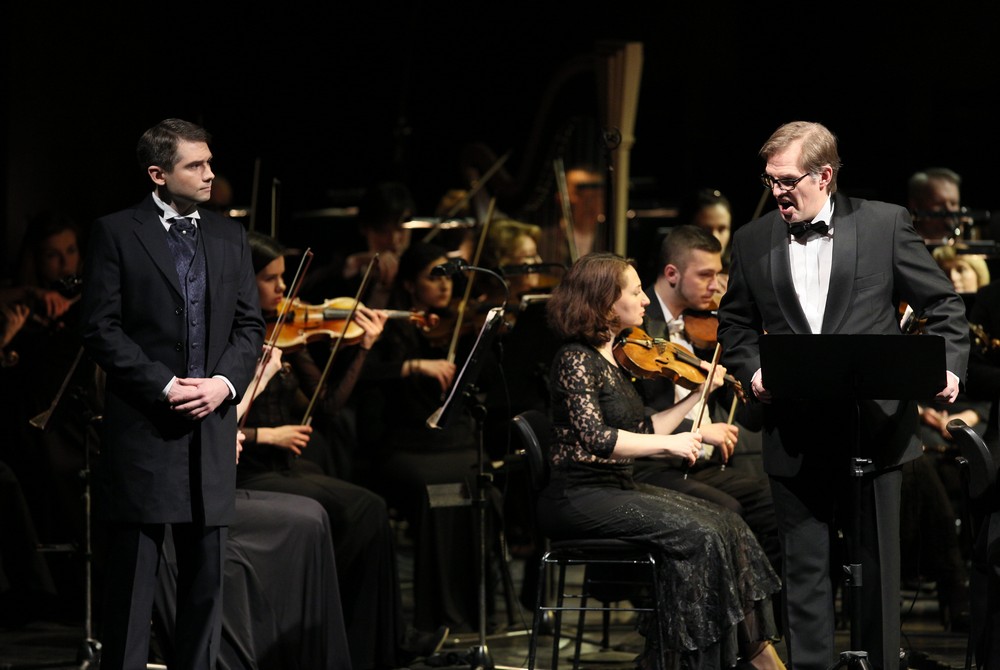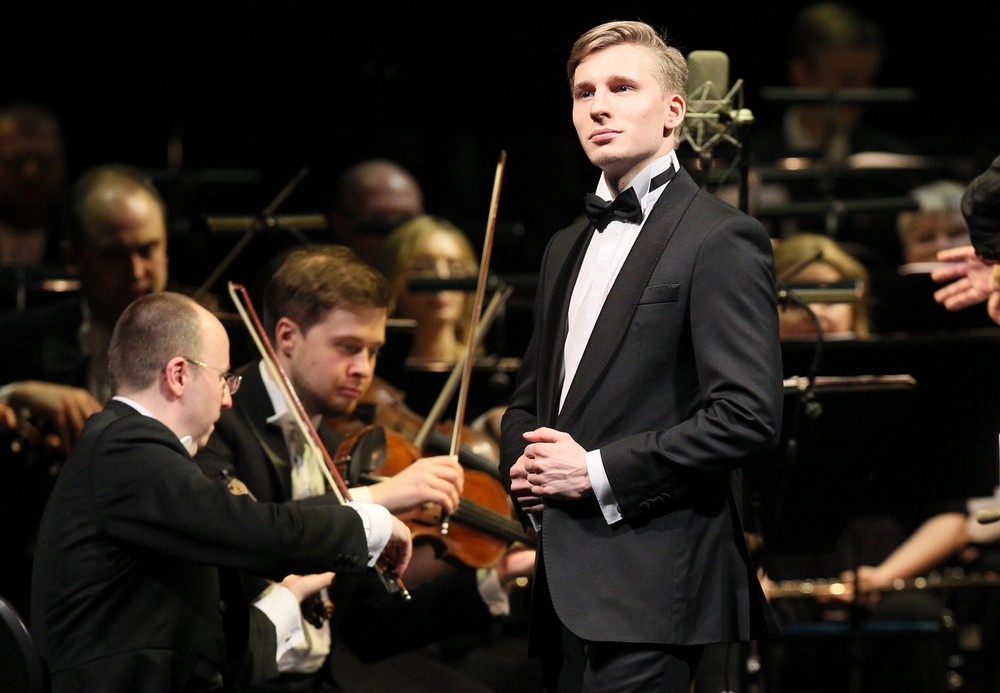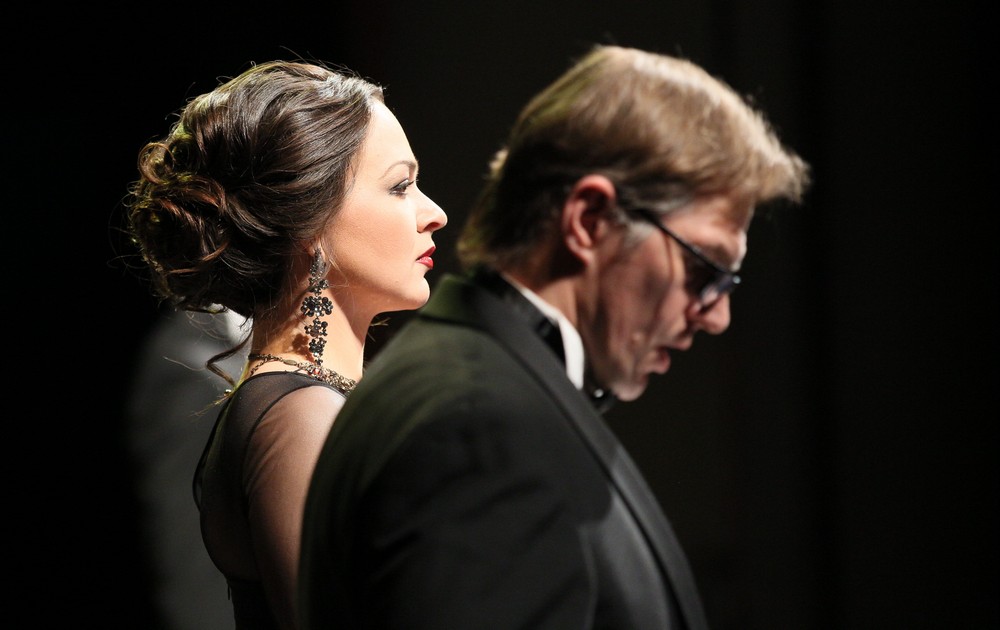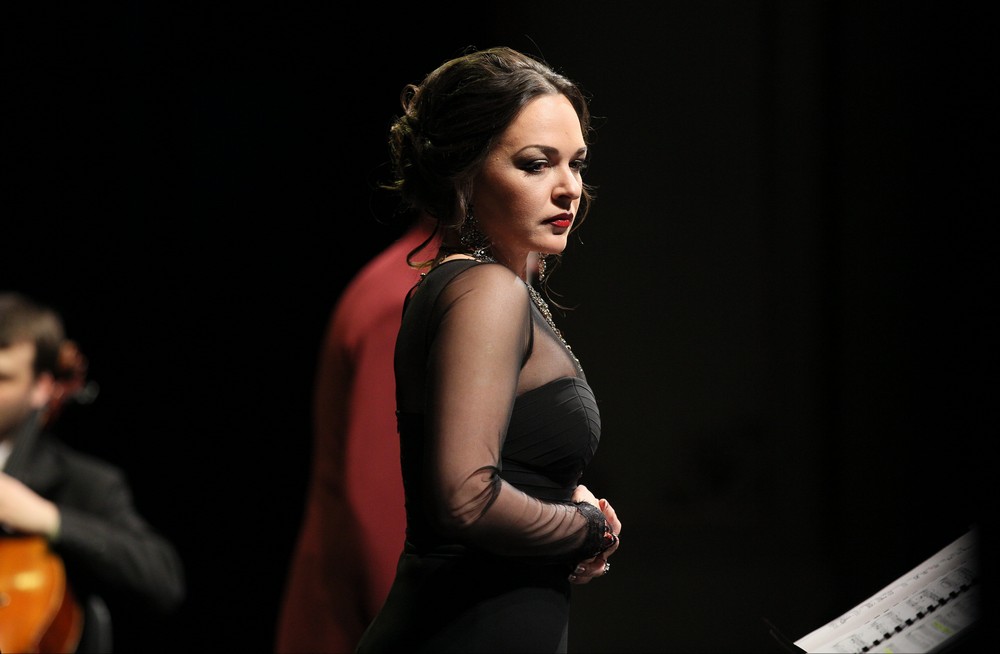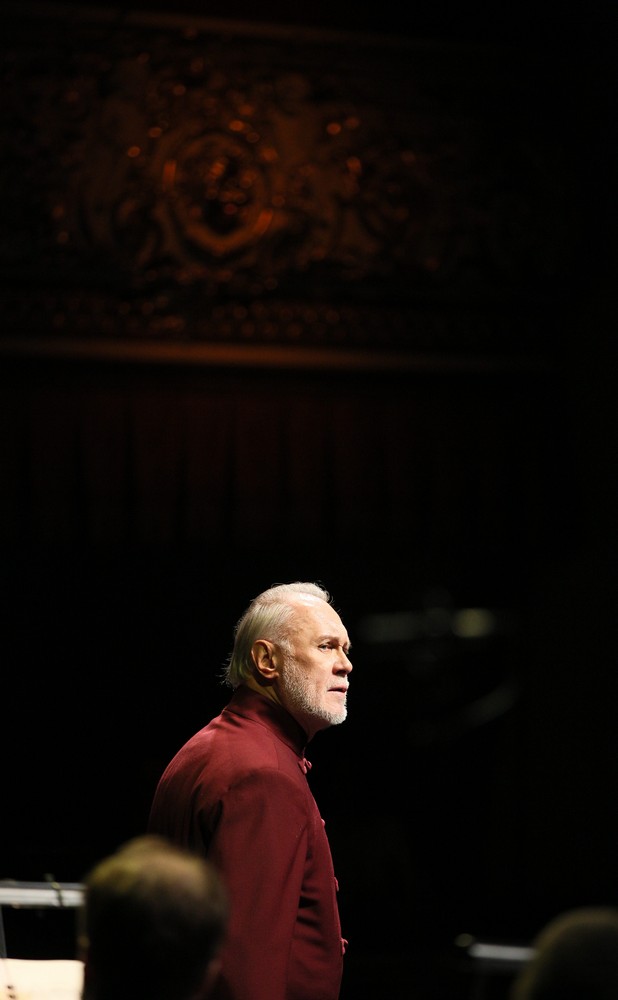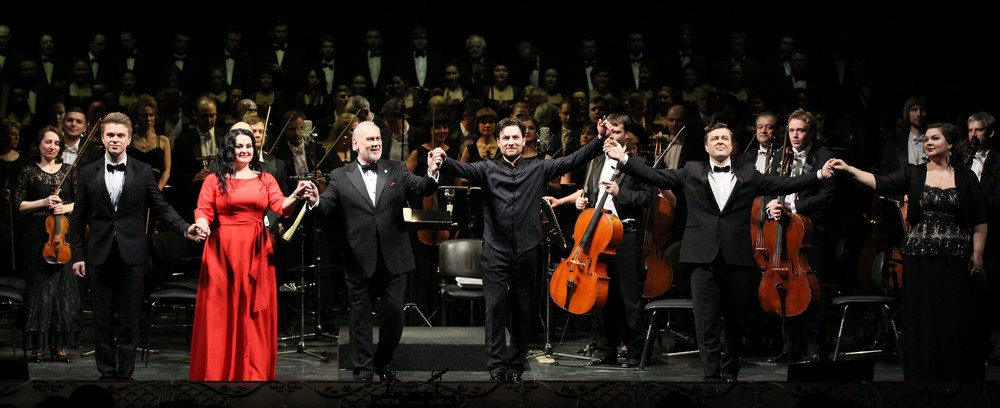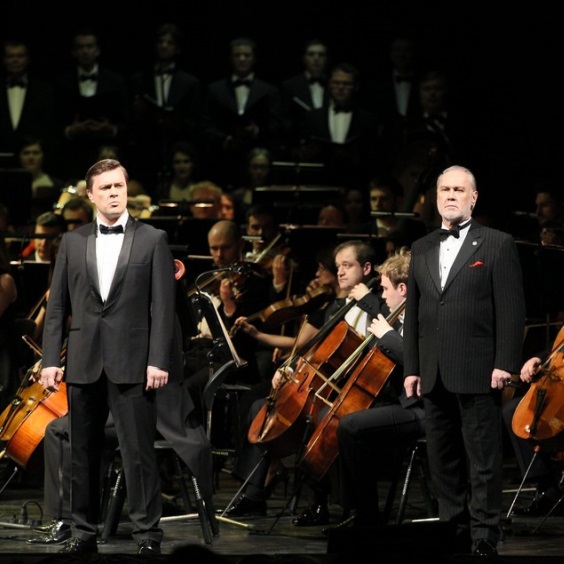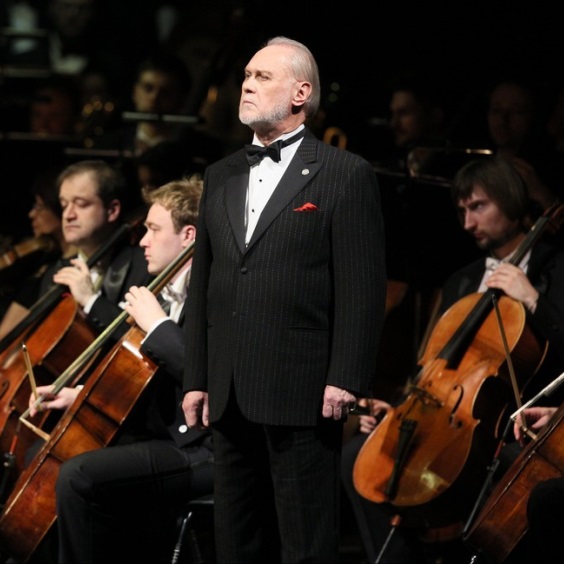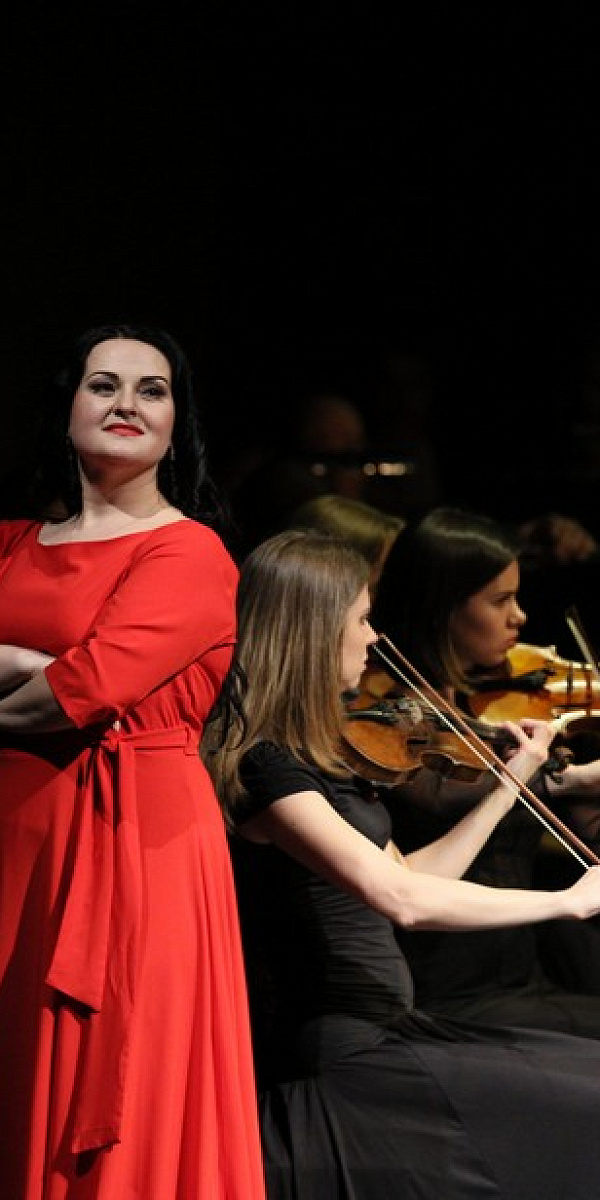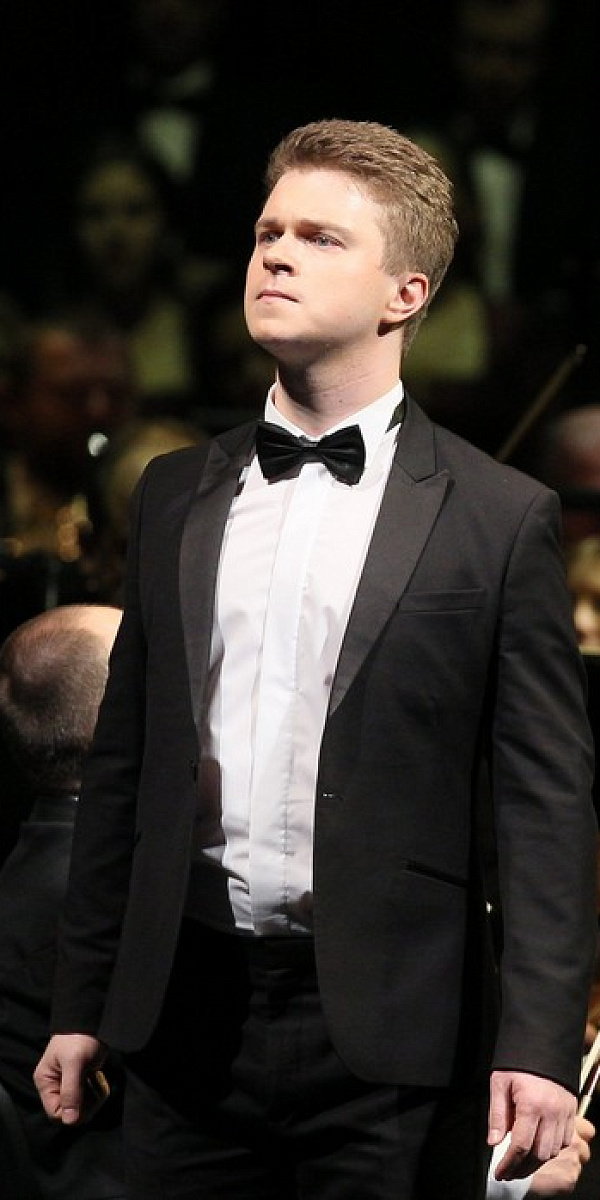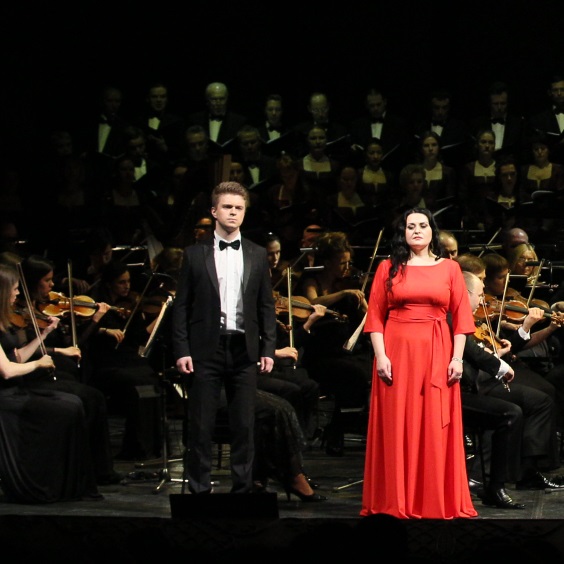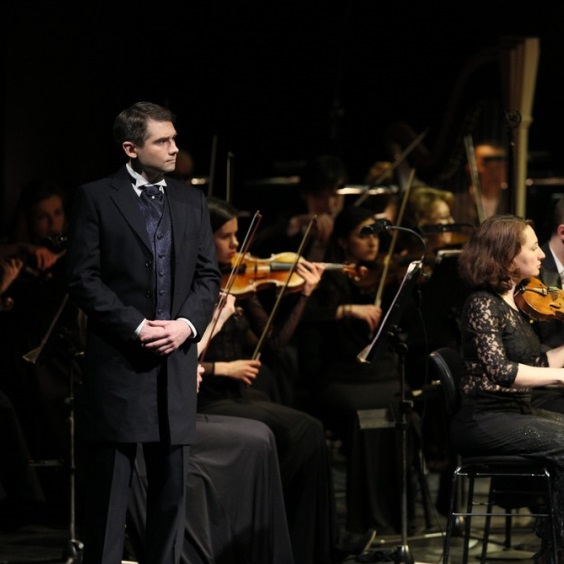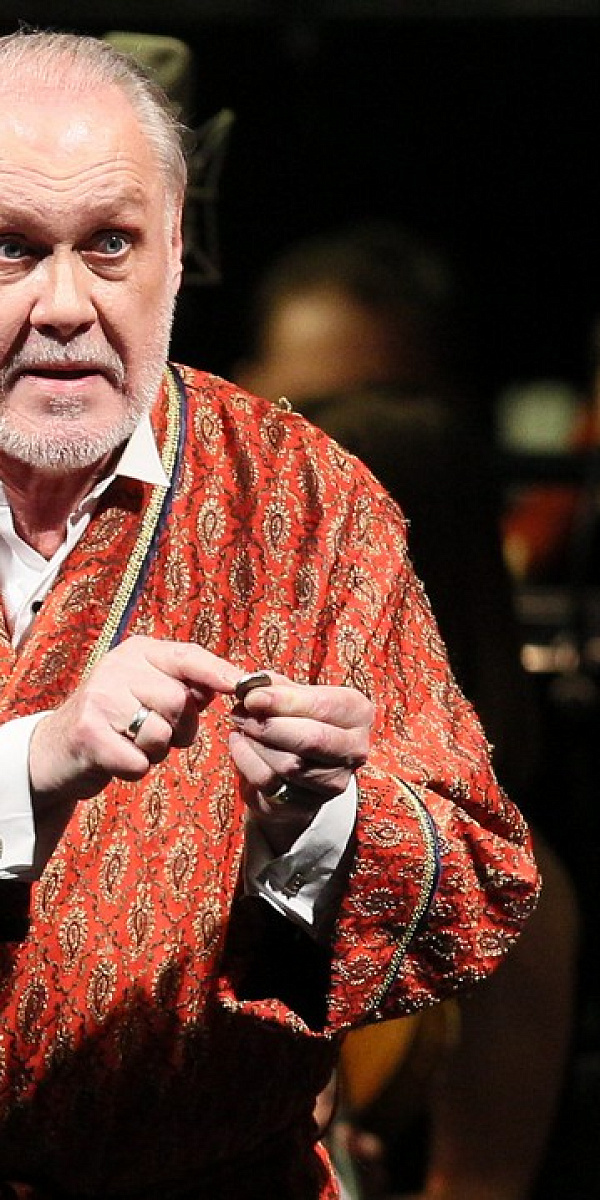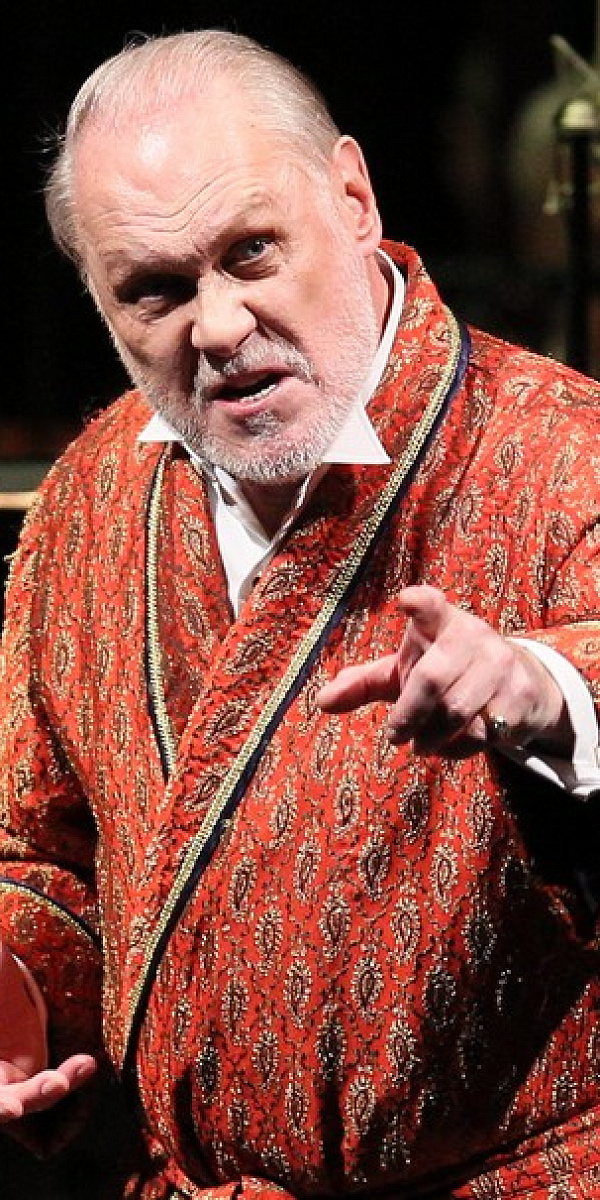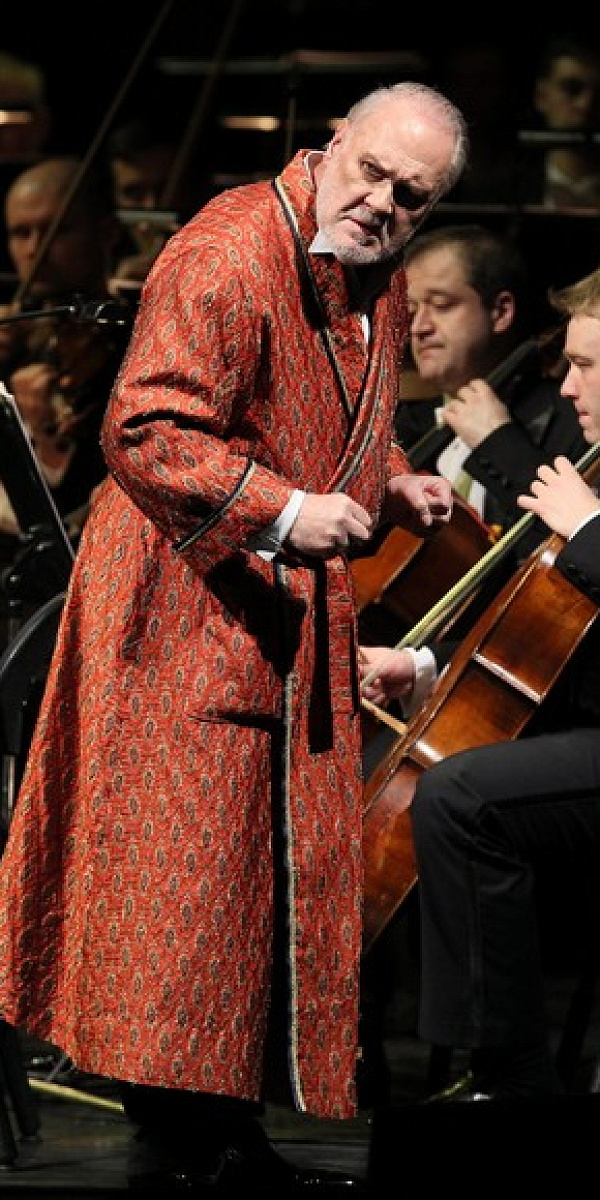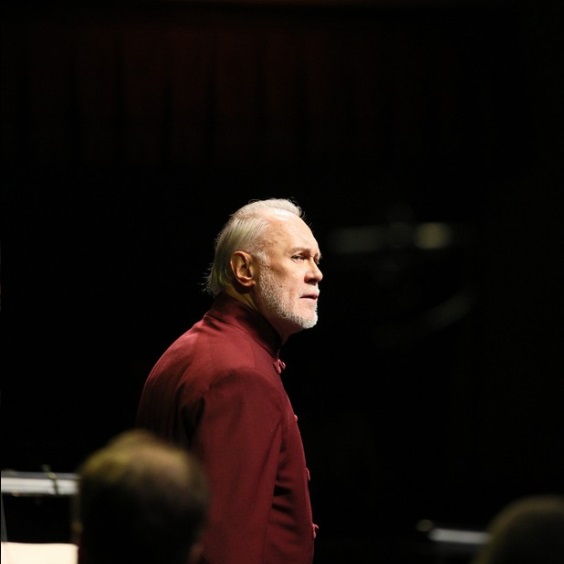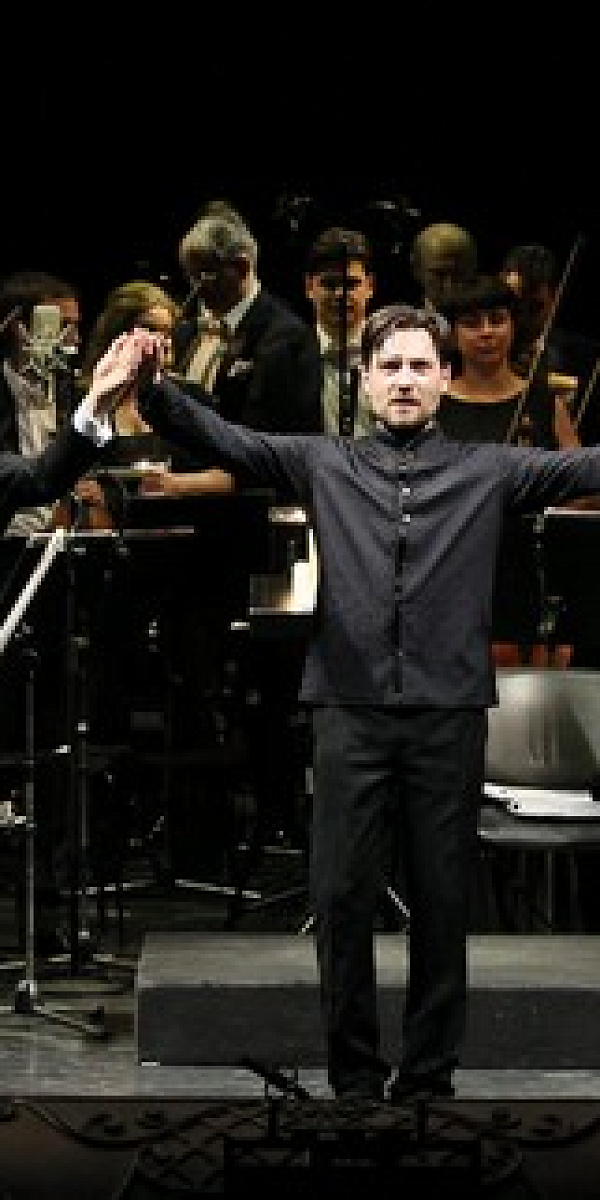
Aleko. The Miserly Knight. Francesca da Rimini
concert performance of the one-act operas
music by Sergei Rachmaninoff
Cast

Aleko
Aleko — Sergei Leiferkus
The Young Gypsy — Boris Stepanov
The Old Gypsy — Dmitry Skorikov
Zemfira — Tatiana Ryaguzova
The Old Gypsy Woman — Olesya Petrova
The Miserly Knight
Baron — Sergei Leiferkus
Albert — Dmitry Golovnin
Duke — Mikhail Gavrilov
Jewish Moneylender — Damir Zakirov
Servant — Alexander Borodin
Francesca da Rimini
Ghost of Virgil — Mikhail Gavrilov
Dante — Dmitry Golovnin
Malatesta — Sergei Leiferkus
Francesca — Anna Nechaeva
Paolo — Dmitry Golovnin
";s:4:"TYPE";s:4:"html";}
Legendary baritone Sergei Leiferkus brings vocal mastery and an intuitive dramatic talent to his performances at the world’s finest opera houses. Leiferkus’ celebrated career began at the Leningrad State Academic Maly Opera Theatre. Now, at the peak of his career, he returns to his debut stage for a concert to mark his 70th birthday, in which he will sing the leading parts from three one-act operas by Sergei Rachmaninoff: Aleko, The Miserly Knight, and Francesca da Rimini.
ALEKO
Libretto by Vladimir Nemirovich-Danchenkoafter the poem The Gypsies by Alexander Pushkin
A band of gypsies has pitched its tents for the night. An old gypsy tells a story. Long ago, he loved Mariula who deserted him for another man, leaving behind Zemfira, their daughter. Zemfira is now grown up, has her own child, and lives with Aleko, a Russian who has abandoned civilisation for the gypsy life.
Aleko is outraged that Zemfira’s father took no revenge on Mariula. But Zemfira disagrees. For her, love is free, and she herself has already tired of Aleko and now loves a younger gypsy.
After dances, the gypsies settle down to sleep. Zemfira appears with her new lover, whom she kisses passionately before disappearing into her own tent to look after her child.
Aleko enters and Zemfira taunts him, singing about her wild lover. Aleko broods on the catastrophe of his relationship and the failure of his attempt to flee the ordinary world.
As dawn comes, Aleko surprises Zemfira and her lover together. In a torment of jealousy he kills them both.
All the gypsies gather, disturbed by the noise. Led by Zemfira’s father, they spare Aleko’s life but cast him out from them forever.
THE MISERLY KNIGHT
Libretto by Sergei Rachmaninoffafter the drama by Alexander Pushkin
Albert is a young knight who is deeply in debt. His father, the wealthy Baron, refuses to support him. A Moneylender denies Albert a loan, but instead offers him poison to murder his father. Albert is appalled at such a suggestion and goes to the Duke to make his appeal.
The Baron descends to his cellars, exultant now because he has accumulated enough gold to fill his sixth and final storage chest, and gloats before them. However, he realizes that if he died soon, his son Albert could then claim the fortune and fritter it away on his sensual pleasures.
Albert has appealed to the Duke for help in obtaining money from his father. Albert hides. The Duke asks the Baron to support his son, but the Baron accuses Albert of wanting to steal from him. Albert then angrily reveals his presence and accuses his own father of lying. The Baron challenges Albert to a duel. The Duke rebukes the father, and banishes the son from his court. However, stressed by this confrontation, the Baron collapses fatally. As the Baron dies, his last request is not for his son, but the keys to his chests of gold.
FRANCESCA DA RIMINI
Libretto by Modest Tchaikovsky after the fifth canto of the epic poem The Inferno(the first part of The Divine Comedy) by Dante Alighieri
The ghost of Virgil leads Dante to the Inferno, where the wordless chorus of the damned souls of sinners is heard. Dante asks two such souls, Francesca and Paolo, to tell their story...
In the castle courtyard, Lanceotto Malatesta is about to go off to war. He knows that his wife, Francesca, does not love him. She had been tricked into marrying him by being led to think that she would marry Paolo, Lanceotto’s handsome younger brother. Lanceotto is suspicious of Francesca and envious of Paolo. He plans to set a trap to catch them in adultery. He tells Francesca that he will not return until after the end of battle and laughs when she leaves.
Paolo and Francesca are together, alone. Paolo tells the story of Sir Lancelot and declares his love for Francesca. She resists initially, trying to remain faithful to Lanceotto. They sing of their secret love, and embrace. Lanceotto sees the lovers together and fatally stabs them.
Paolo and Francesca recede into the whirlwind of the second circle. Dante is overcome with pity and terror, and he and Virgil remain with the thought: «There is no greater sadness in the world than to remember a time of joy in a time of grief».
Musical Director and Conductor: Mikhail Tatarnikov
Artistic Director and Principal Conductor of the Chorus: Vladimir Stolpovskikh
Principal Pianists: Natalia Dudik, Mark Vayner, Maria Mikirtumova
Chorus Masters: Alexey Dmitriev, Sergey Tsyplenkov
Director: Yulia Prokhorova
Light: Alexander Kibitkin
Stage Manager: Elena Piskunova



